It’s a great feeling when you have someone to guide and help you progress in your hobby. You won’t be wasting much of your time that way. If you happen to be getting started with photography, photographer James Popsys has the right video for you today. He shares eight basic but very effective tips that will help you improve your photography:
1. Look Up
Most of us have a general tendency to look down when we’re out on a hike. Make a conscious attempt to look up more. You’ll be surprised by how many composition and photo ideas you will come across.
“I’ve got a lot of photos that I wouldn’t otherwise have got if I hadn’t actively told myself to spend more time looking up at my surrounding.”
2. Everything in Photography is Just an Opinion
Photography is a form of art; there is no right and wrong. You don’t have to follow everything that others have to say about your photos. It’s up to you to either filter out or absorb the opinions selectively. By doing so, you will end up with your own style.
“Do your own thing as far as photography is concerned.”
3. It’s Hard to Get Information From the Best Photographers
You don’t have to follow everything that you come across on the internet. The very best photographers are probably doing actual photography rather than making YouTube videos. The ones that actually make videos on photography are usually those who are good at what they do but they’re not necessarily at the top of the league. Take their opinions with a grain of salt.
“It’s very difficult to get the best information from the very best people.”
However, this doesn’t imply that you should stop listening to others. Whether they are amateurs or professionals, it’s still a good idea to listen to what they’ve got to say and grasp the good bits.
4. Gear Matters
When starting out in photography, you will come across many people saying that gear doesn’t matter. Keep in mind that this is true only to a certain extent. Otherwise, why would good photographers invest in their equipment rather than just using their phones?
Also equally important to consider is the fact that what may be good for others may not work well for you. Everybody has their own set of requirements, and it’s the requirement and the type of photos you take that determine what’s good for you.
5. Know Your Camera Intimately
Owning the greatest camera isn’t enough to be a good photographer. You need to know the features and abilities of the camera. For instance, if you’re a street photographer, you may need to make decisions within seconds before the moment presents itself. And for this, you need to be able to navigate the menus seamlessly so you won’t miss the shot.
Spend time using your camera and even going through the manual to understand how you can make the best use of your camera. You never know when it will pay off.
6. Story is Important
There’s nothing wrong with paying greater attention to how an image looks. But as you progress in photography, you’ll come to realize that the story plays an even greater role in the success of an image. An image with a story has the ability to keep viewers engaged. It makes them think about what’s happening in the image.
It’s not essential that images with stories are always technically perfect. They may lack sharpness or may not adhere well to color theories. They just have something to tell.
If people just like the way an image looks and have nothing to say about it, the image won’t have a long life span.
7. Resolution Isn’t the Biggest Deal
Camera makers never fail to emphasize the fact that their latest model has a higher megapixel count than the earlier models. And this tends to grab the attention of photographers who are just getting started. However, it is important to realize that a greater megapixel count does not translate to better images.
For instance, as Popsys shares, he could print a billboard with images taken from his 20MP micro four-thirds camera. That’s because good printing is all about appropriate viewing distance. You don’t view billboards up-close; you do that from across the street.
A larger megapixel count also translates to slower frame rates. So, if you’re someone who needs to take a burst of photos, higher megapixel cameras will actually slow you down. Images with higher megapixels take longer to be written to the card compared with images taken with lower megapixel cameras.
8. Photography is a Process, Not a Result
Photography is much more than picking up a camera and taking photos. It involves a lot of planning and preparation. There’s a lot of background work that goes on to make photography a process.
What tips do you have for budding photographers?
Like This Article?
Don't Miss The Next One!
Join over 100,000 photographers of all experience levels who receive our free photography tips and articles to stay current:
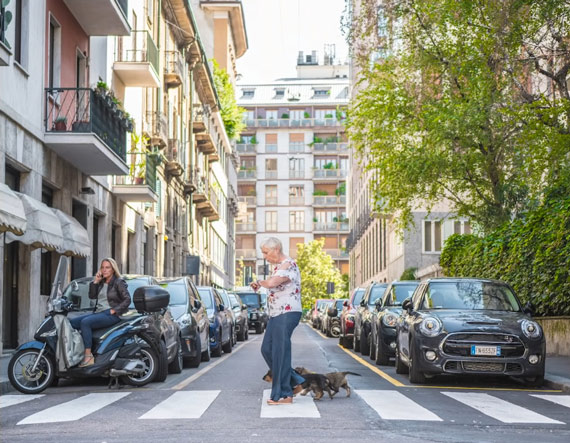
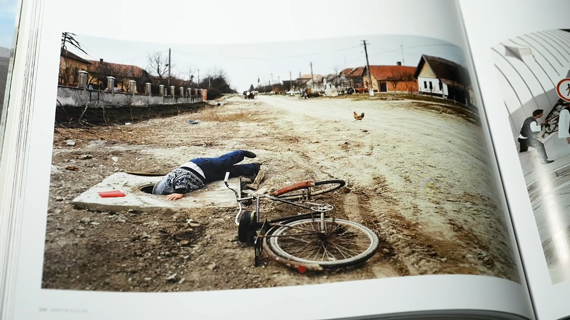

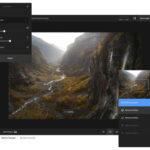
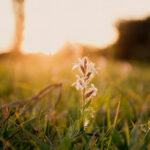


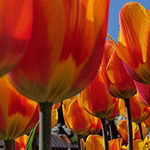
Leave a Reply